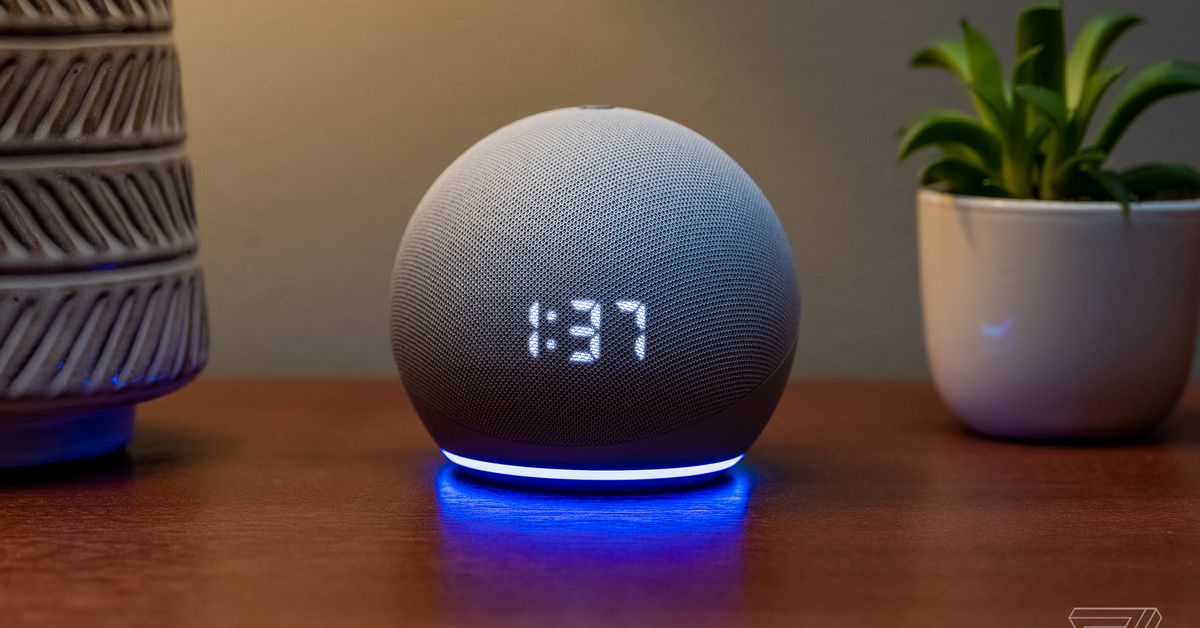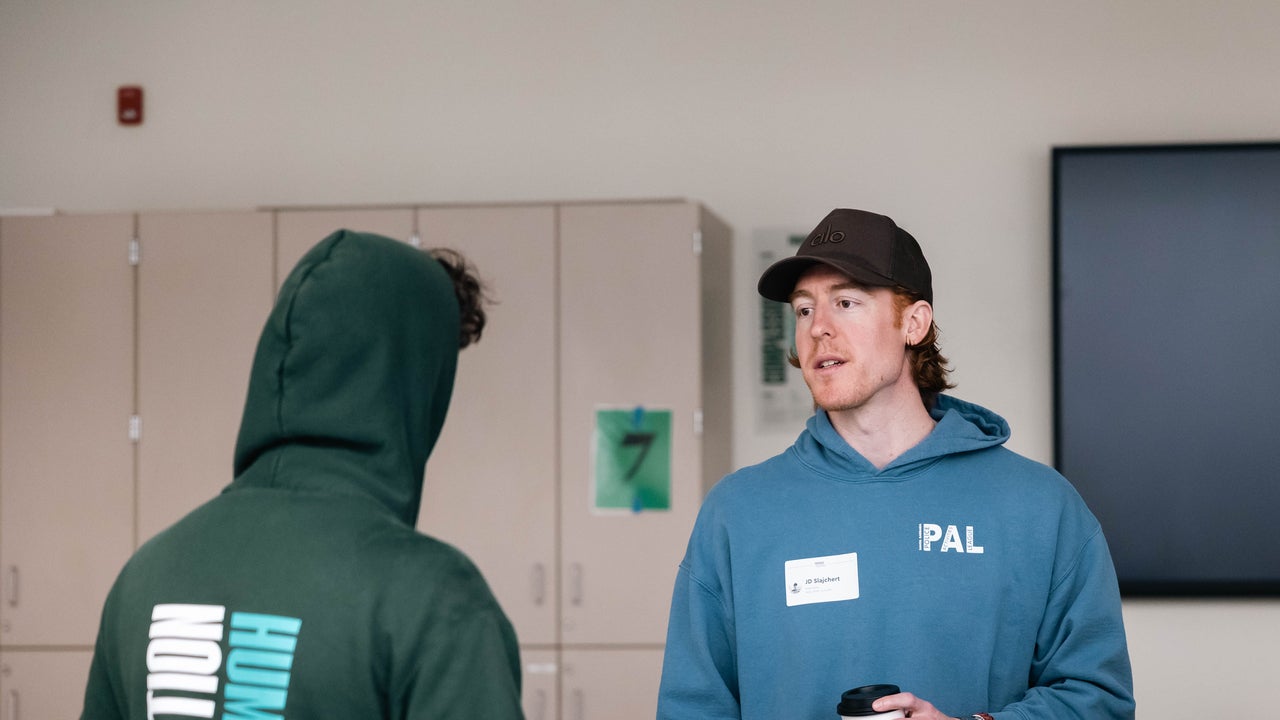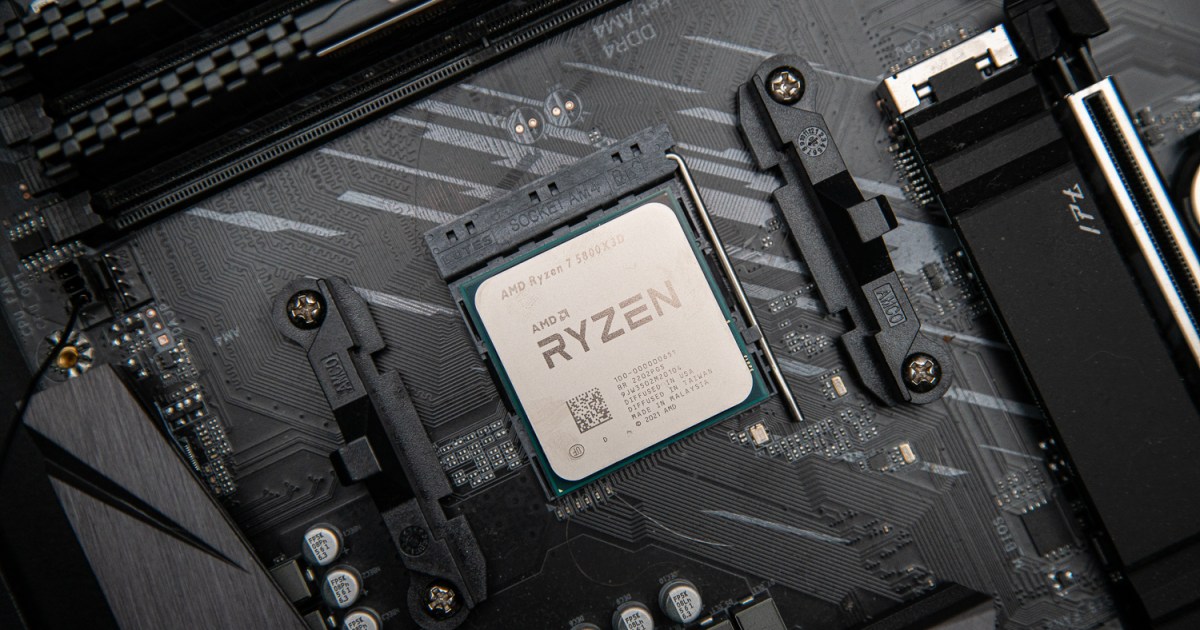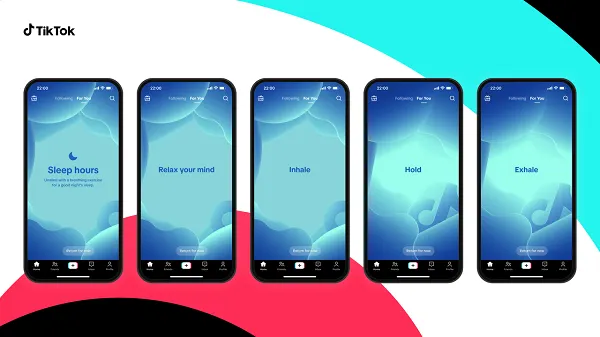Samsung says users will be able to clone their voice to respond to calls
The feature is only available in Korean on select handsets, including the Galaxy S23, S23+ and S23 Ultra (pictured). | Photo by Allison Johnson / The VergeAI voice clones are already being deployed in podcasts and video games, but...
/cdn.vox-cdn.com/uploads/chorus_asset/file/24431317/DSC04296.jpg)
AI voice clones are already being deployed in podcasts and video games, but how long until they can be harnessed directly by the general public? Probably sooner than you think, with Samsung today announcing a feature for its Bixby mobile assistant that lets users clone their voice to answer phone calls. The idea is that if someone calls you but you can’t answer aloud you can type out a response and it’ll be read in a simulacrum of your voice.
Some caveats here: this feature is only currently available in Korean as the Bixby Custom Voice Creator app for a small number of Samsung handsets (the new Galaxy S23, S23+ and S23 Ultra), which means we’ve been unable to test it ourselves. The voice quality might be abysmal and response time too slow to be useful. But cloning voices to answer calls is well within the scope of current technology, with AI tools able to create realistic copies of voices from just a few minutes of audio.
Image: Samsung
Answering audio calls via a text interface isn’t new either. On Samsung devices the feature is known as Bixby Text Call, and was introduced with the company’s One UI 5 skin of Android. It was previously only accessible in Korean, but is now available in English using a generic artificial voice (and only with versions 5.1 of One UI). Google offers a similar service called Call Screen which lets you respond to potential spam calls using an automated voice. Though Google’s service only lets you pick from a list of generic responses rather than typing out custom replies.
It’s not hard to imagine these features becoming more complex and automated in the near future. After all, you could easily connect a text-to-speech voice clone of yourself to a chatbot like ChatGPT or (if you were feeling particularly chaotic) Microsoft’s Bing. Samsung itself promises that users’ generated voices will be “compatible with other Samsung apps beyond phone calls” in the future, though it’s not clear what that means.
You could ask such a bot to summarize the contents of your call or just waste a spammer’s time if you were feeling petty. Tech companies have long promised that AI assistants will be able to carry out this sort of admin on our behalf, and creating a voice clone of yourself and setting it tasks via a chatbot could actually make this pitch a reality.
It could also create all sorts of problems. Google, of course, promised similar functionality with its Duplex AI voice calls. These were introduced in 2018 as a way to automatically make reservations at restaurants using an AI voice. But responses to the technology were mixed, with many criticizing it as unethical and noting that it created more work for the people on the receiving end of the calls. (Google’s current ambitions for the tech are unclear, with the company shutting down the web version of Duplex in late 2022.) There are also malicious use cases for AI voice clones too, from AI hatespeech and harassment to simple fraud.
We’ll be watching how this tech develops and will try to test out Bixby’s voice features for ourselves when we can. But when you pick up the phone in the near future you may have to ask yourself: is that a really a human on the other end?

 Hollif
Hollif 































